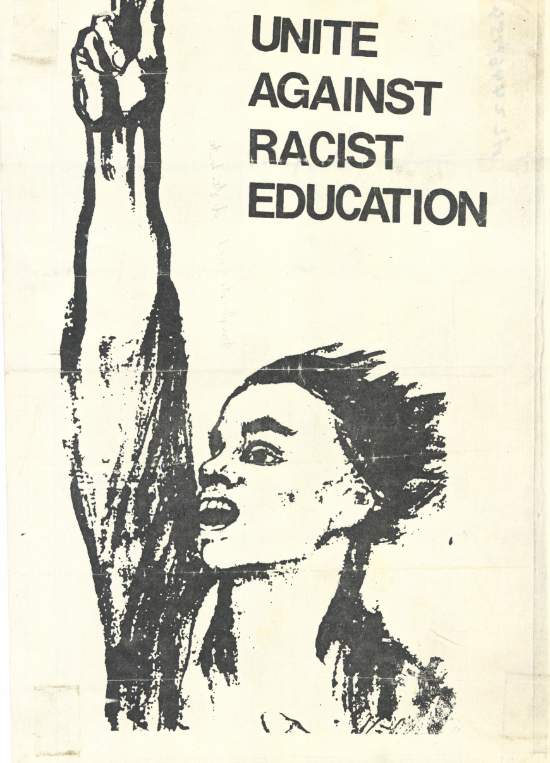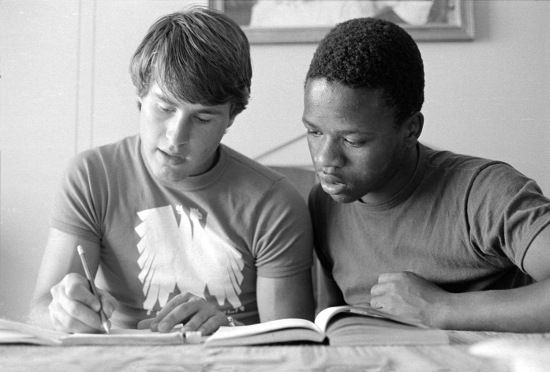For almost four decades, South Africa's education system was eroded by the implementation of the Bantu Education Act of 1953 (No. 47), which entrenched the apartheid system into the local school system. It enforced the separation of races in all educational institutions, including universities and schools. Not only were students forced to study in separate schools, but the curriculum reflected the racial character of the patronizing apartheid state, which regarded whites as superior, and blacks as inferior, in their capacity to learn.

History was thus made on 9 January, 1991, when the integration of public schools was initiated through the admission of black students to thirty-three formerly all-white schools. The first steps to integration were begun in the former Transvaal Province (now covering numerous provinces of the new dispensation), and was soon undertaken throughout the country.
Twenty years later, racial integration remains a challenge for the nation's burgeoning school system. Schools are plagued by the effects of socio-economic deprivation, prejudice, cultural difference, gender inequalities, sexual harassment and poor literacy rates, and far more work needs to be done to balance out the historic inequities of the Bantu Education system.
SAHA and history education training
The South African History Archive (SAHA) supports the enhancement of the quality of education in South Africa through its work in developing and conducting a series of workshops aimed at history educators. The workshops cover subjects related to human rights and heritage education, including how to teach primary sources, how to engage learners in oral history and how to approach South African heritage in the classroom.
Contact SAHA to learn more about our workshops for history educators.
The Nkosi Albert Luthuli Oral History Competition
SAHA supports the initiative of the Directorate of Race and Values in Education in enhancing oral history in the classroom through an oral history competition open to senior secondary school learners. SAHA has been involved through direct support of the competitions, as well as archiving winning portfolios in the Nkosi Albert Luthuli Oral History Competition Collection (AL3285).
Hear our history: an introduction to learning and teaching oral history
The portfolios emerging from the competition formed the foundation for a virtual exhibition geared towards supporting learners and educators in their participation in the competition. This online resource also incorporates other oral histories archived in numerous SAHA collections.
Visit SAHA's oral history virtual exhibition.

SAHA in the Classroom
This series of booklets was developed for Grade 12 learners and teachers to support the practical implementation of a source-based study of South African history from 1976 - 1994. Many teachers are inadequately trained in using sources to study history in the classroom and there is only a limited range of sources relating to this period in South Africa's history in most current textbooks.
Learn more about SAHA in the Classroom.








